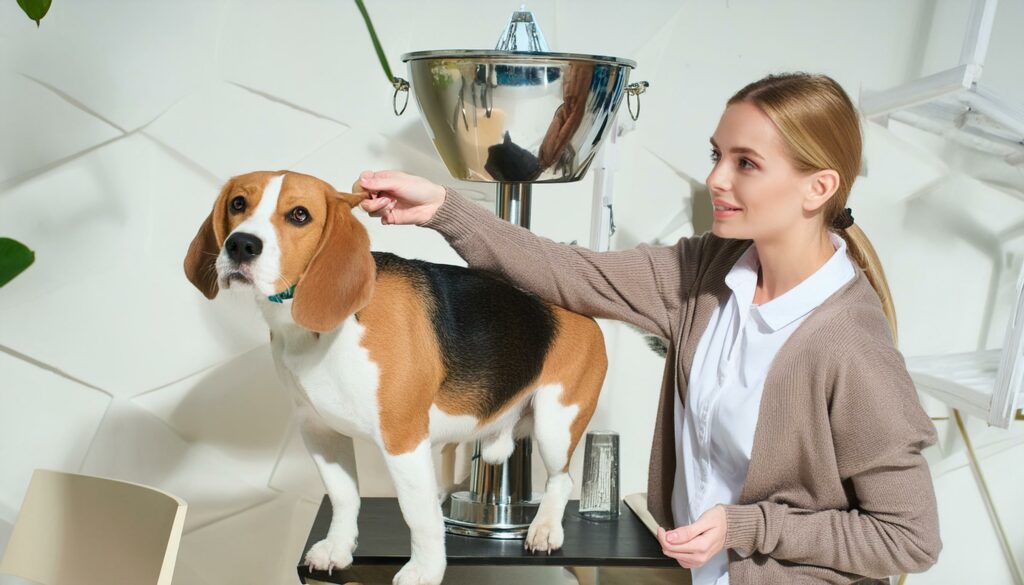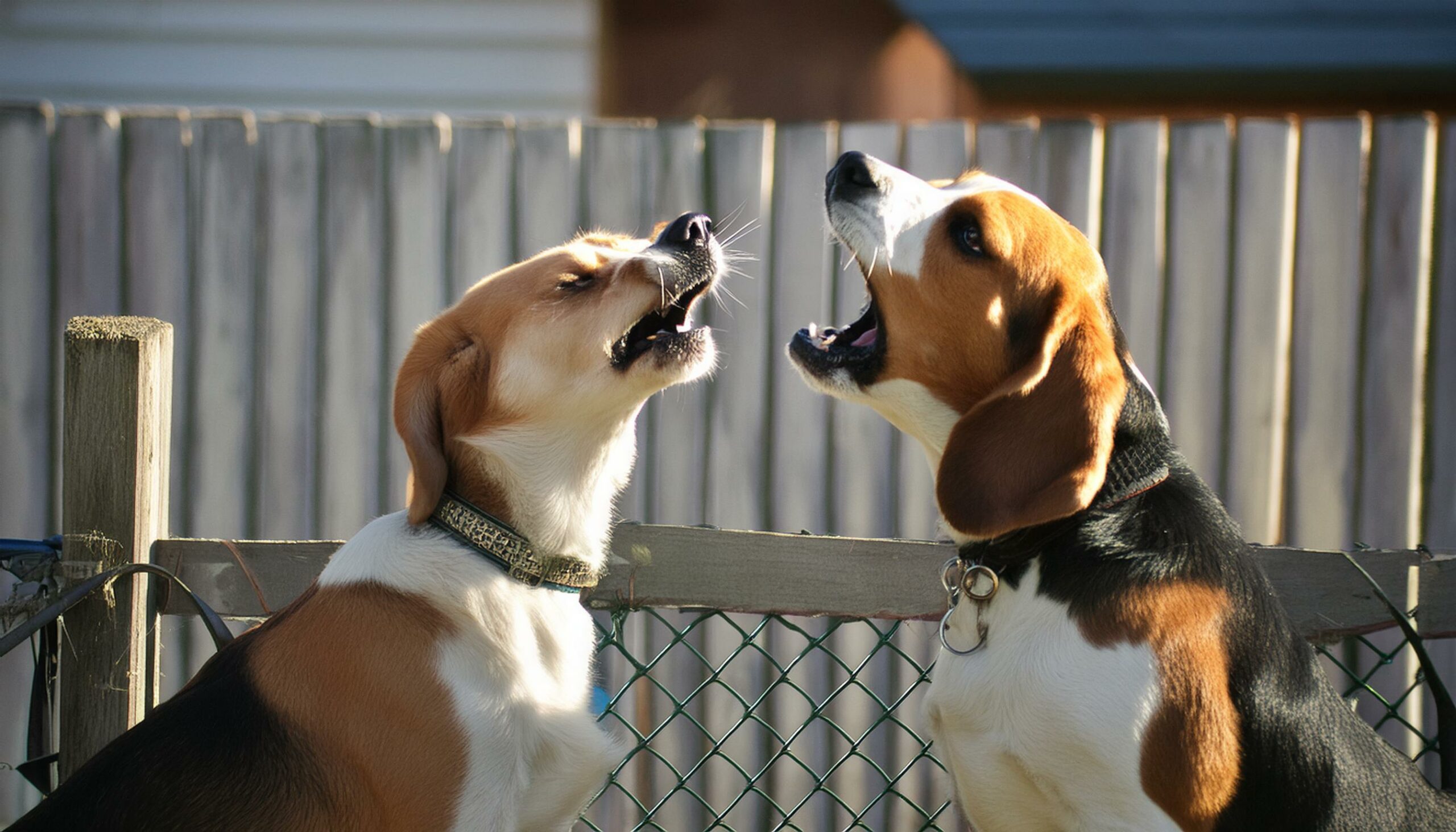Beagles, with their soulful eyes and trademark howl, have won the hearts of dog lovers worldwide. Originally bred as scent hounds, they possess an exceptional sense of smell and a boundless enthusiasm for exploration. Their friendly disposition and sociable nature make them popular choices for families and individuals alike.
Understanding Aggression in Dogs
Aggression in dogs is a complex behavior that can manifest in various forms. It may stem from fear, territorial instincts, resource guarding, or frustration. Understanding the different types of aggression and their underlying causes is essential for addressing the issue effectively.
Types of Aggression
- Fear-Based Aggression: Dogs may exhibit aggression when they feel threatened or intimidated.
- Territorial Aggression: Dogs may become aggressive when defending their territory or possessions.
- Resource Guarding: Dogs may display aggression to protect valuable resources such as food, toys, or sleeping areas.
- Frustration-Induced Aggression: Dogs may become aggressive when they are unable to access something they desire, leading to frustration.
Causes of Aggression
Aggression in dogs can be influenced by a combination of genetic, environmental, and situational factors. Genetic predispositions, early experiences, socialization, and training methods all play a role in shaping a dog’s behavior.
Beagle Temperament
Beagles are known for their cheerful disposition and playful antics. They thrive on companionship and enjoy being part of a family. With their curious nature and love for adventure, they often retain a youthful spirit well into adulthood.
Factors Contributing to Aggression in Beagles

Genetics
Genetics play a significant role in shaping a dog’s temperament, including their predisposition to aggression. While Beagles are generally friendly and outgoing, certain genetic factors may increase the likelihood of aggressive behavior, especially if combined with inadequate socialization or training.
Socialization
Early socialization is crucial for Beagles to develop into well-adjusted and sociable adults. Exposing them to various people, animals, and environments in a positive and controlled manner helps build confidence and teaches them appropriate social behaviors.
Training
Effective training is essential for managing Beagle behavior and preventing aggression. Positive reinforcement techniques, such as rewarding desired behaviors with treats or praise, are particularly effective with this breed. Consistency, patience, and clear communication are key to successful training outcomes.
Signs of Aggression in Beagles
Recognizing the early signs of aggression is crucial for addressing the issue before it escalates. Common signs of aggression in Beagles may include growling, barking, snarling, snapping, or biting. These behaviors may occur in response to specific triggers or stimuli, such as perceived threats or conflicts.
Dealing with Aggression in Beagles
Positive Reinforcement Training
Positive reinforcement training focuses on rewarding desired behaviors rather than punishing undesirable ones. When dealing with aggression in Beagles, it’s important to use gentle and consistent training methods to encourage calm and non-aggressive behavior. Rewarding alternative behaviors and redirecting their focus can help modify their response to triggers.
Socialization Techniques
Continued socialization throughout a Beagle’s life helps reinforce positive interactions with people and other animals. Gradual exposure to new experiences and environments can reduce fear and anxiety, which are common triggers for aggression. Supervised playdates, obedience classes, and controlled introductions can all contribute to a well-socialized and confident Beagle.
Seeking Professional Help
In cases of severe or persistent aggression, consulting a professional dog trainer or behaviorist may be necessary. They can assess the underlying causes of aggression and develop a tailored training plan to address the issue effectively. Behavior modification techniques, desensitization exercises, and management strategies may be recommended to help manage aggression and improve the dog’s quality of life.
Preventing Aggression in Beagles

Early Training and Socialization
Starting training and socialization early in a Beagle’s life sets the foundation for good behavior. Positive experiences with people, animals, and various environments help shape their outlook on the world and build confidence. Consistent guidance and reinforcement of desired behaviors lay the groundwork for a well-mannered and non-aggressive adult dog.
Providing Adequate Exercise and Mental Stimulation
Beagles are active and energetic dogs that require regular exercise and mental stimulation to thrive. Providing daily walks, play sessions, and interactive toys helps fulfill their physical and mental needs and prevents boredom or frustration. Engaging in scent games, agility training, or tracking exercises taps into their natural instincts and provides an outlet for their energy.
Conclusion
While Beagles are generally known for their friendly and sociable nature, aggression can occur in any dog breed under certain circumstances. By understanding the factors that contribute to aggression and implementing proactive training and socialization measures, Beagle owners can help their furry companions become well-behaved and balanced individuals. With patience, consistency, and positive reinforcement, aggression in Beagles can be effectively managed, allowing them to live happy and fulfilling lives as beloved family pets.
Unique FAQs
Are Beagles naturally aggressive?
Beagles are not naturally aggressive, but individual temperament can vary. Proper socialization and training play key roles in shaping their behavior.
Can aggression in Beagles be trained out?
Yes, with appropriate training techniques and consistency, most cases of aggression in Beagles can be managed effectively. Professional guidance may be necessary for severe cases.
What should I do if my Beagle shows signs of aggression?
Seek guidance from a professional dog trainer or behaviorist to assess the underlying causes and develop a tailored training plan. Avoid punishment and focus on positive reinforcement techniques.
Is it safe to have a Beagle around children if they show signs of aggression?
While Beagles are generally good with children, caution should be exercised if signs of aggression are present. Supervision and training are essential to ensure a safe and harmonious relationship.
How can I socialize my Beagle to prevent aggression?
Start socialization early and expose your Beagle to a variety of people, animals, and environments. Use positive reinforcement and gradual exposure to build confidence and reduce fear. Regular interactions and training classes can help reinforce good behavior.
